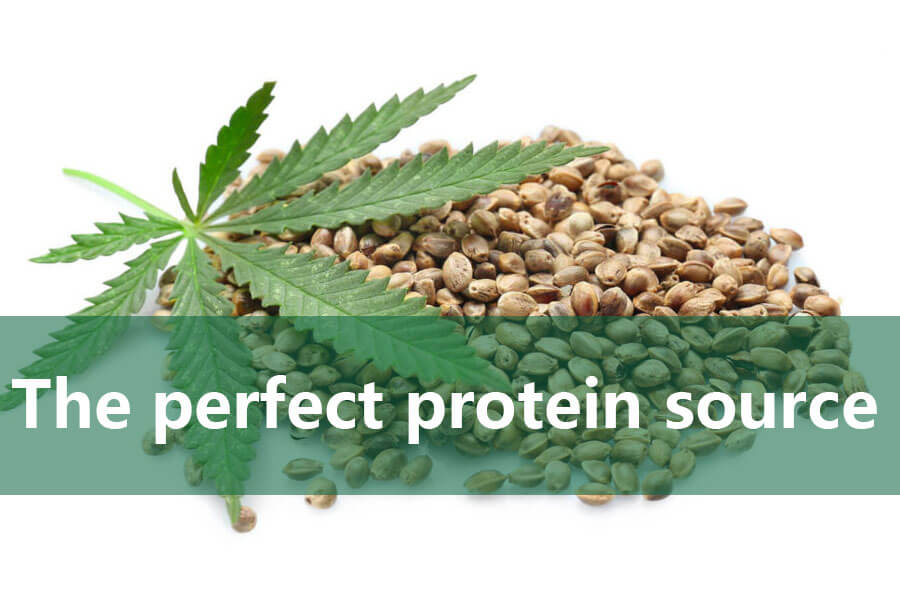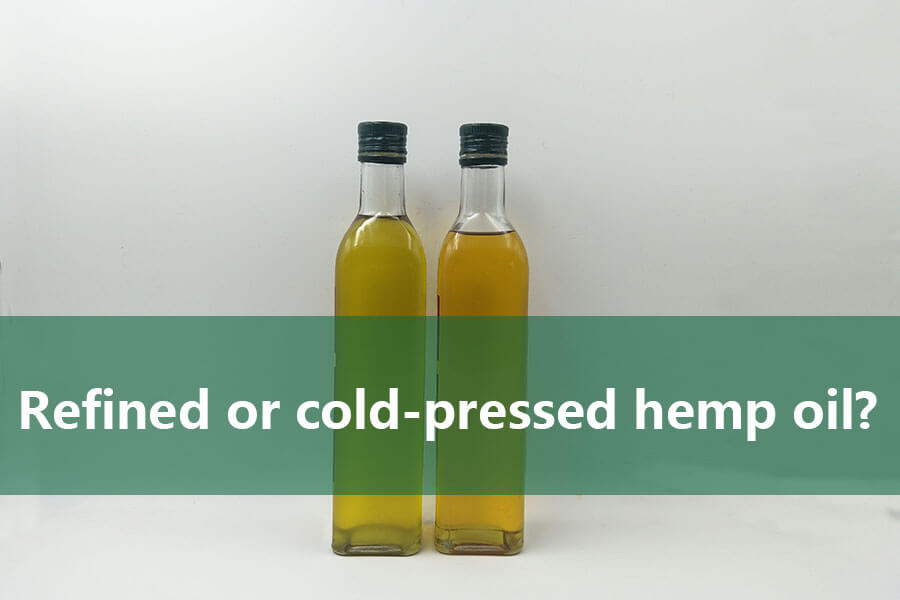Hemp seed oil is a product derived from the seeds of the hemp plant, Cannabis sativa. It has various applications in food, cosmetics, pharmaceuticals, and other industries. Hemp seed oil is rich in omega-3 and omega-6 fatty acids, antioxidants, and other nutrients that have health benefits for humans and animals. In this article, we will analyze the market situation of hemp seed oil in 2024, based on the current trends, drivers, challenges, and opportunities.
Market Size and Growth
According to a report by Grand View Research, the global hemp seed oil market was valued at USD 88.2 million in 2022 and is expected to expand at a compound annual growth rate (CAGR) of 14.7% from 2023 to 2030. The report segments the market by nature (organic and conventional), by type (cold-pressed and refined), by distribution channel (B2B and B2C), and by region (North America, Europe, Asia Pacific, Latin America, and Middle East and Africa).
The growth of the market is driven by the increasing demand for hemp seed oil in various end-use industries, such as food and beverages, personal care and cosmetics, nutraceuticals and pharmaceuticals, and others. Hemp seed oil is used as an ingredient in cooking oils, sauces, salad dressings, baked goods, and supplements. It is also used as a moisturizer, anti-inflammatory, anti-aging, and anti-acne agent in skin care products, as well as a hair conditioner, shampoo, and styling product in hair care products.
The legalization of industrial hemp cultivation and the increasing awareness of the health benefits of hemp seed oil are some of the key factors that are boosting the market growth. Moreover, the rising popularity of vegan, organic, and natural products, as well as the growing consumer preference for plant-based oils, are also contributing to the market expansion. Furthermore, the development of new products and innovations, such as hemp seed oil capsules, gummies, balms, and face oils, are creating new opportunities for the market players.
Market Challenges and Opportunities
However, the market also faces some challenges, such as the lack of standardization and regulation, the stigma and misconception associated with hemp and cannabis, and the high production and processing costs of hemp seed oil. The market players need to comply with the varying legal and regulatory frameworks of different countries and regions, as well as the quality and safety standards of different end-use industries. The market players also need to educate the consumers and stakeholders about the difference between hemp and marijuana, and the benefits and safety of hemp seed oil. Additionally, the market players need to invest in research and development, as well as in efficient and sustainable production and processing methods, to reduce the costs and increase the profitability of hemp seed oil.
Despite these challenges, the market also has some opportunities, such as the increasing demand for hemp seed oil in emerging markets, such as Asia Pacific and Latin America, the growing application of hemp seed oil in new and niche segments, such as pet care, green building materials, and biofuels, and the potential of hemp seed oil as a substitute for conventional oils, such as soybean, palm, and sunflower oils. The market players can leverage these opportunities by expanding their geographical presence, diversifying their product portfolio, and collaborating with other stakeholders, such as farmers, processors, distributors, and researchers.
Market Competition and Strategies
The global hemp seed oil market is highly competitive and fragmented, with the presence of many small and large players, both domestic and international. Some of the key players in the market are Manitoba Harvest, Hemp Oil Canada, Navitas Organics, Hempco, Green Source Organics, GFR Ingredients, Naturally Splendid Enterprises, Hemp Production Services, Agropro, Nutiva, HEMPLAND, and ORGANICWAY inc. These players compete on the basis of product quality, price, innovation, distribution, and customer service.
To gain a competitive edge and increase their market share, the market players adopt various strategies, such as mergers and acquisitions, partnerships and collaborations, product launches and innovations, research and development, and marketing and promotion. For instance, in 2020, Manitoba Harvest, a leading hemp food company, acquired Hemp Yeah!, a hemp protein powder brand, to expand its product portfolio and customer base. In 2019, Hempco, a hemp seed processing company, was acquired by Aurora Cannabis, a cannabis producer, to integrate its hemp seed oil products into its products. In 2018, Nutiva, a organic food company, launched Organic Hemp Seed Oil Capsules, a convenient and vegan-friendly way to consume hemp seed oil.
Conclusion
Hemp seed oil is a versatile and valuable product that has various applications and benefits in different industries and segments. The global hemp seed oil market is expected to grow significantly in the next few years, owing to the increasing demand, legalization, awareness, and innovation of hemp seed oil. However, the market also faces some challenges, such as the lack of standardization and regulation, the stigma and misconception associated with hemp and cannabis, and the high production and processing costs of hemp seed oil. The market players need to overcome these challenges and capitalize on the opportunities, by adopting various strategies, such as expansion, diversification, collaboration, and innovation. The market players also need to monitor the market trends and dynamics, and respond to the changing consumer needs and preferences, to stay ahead of the competition and succeed in the market.


